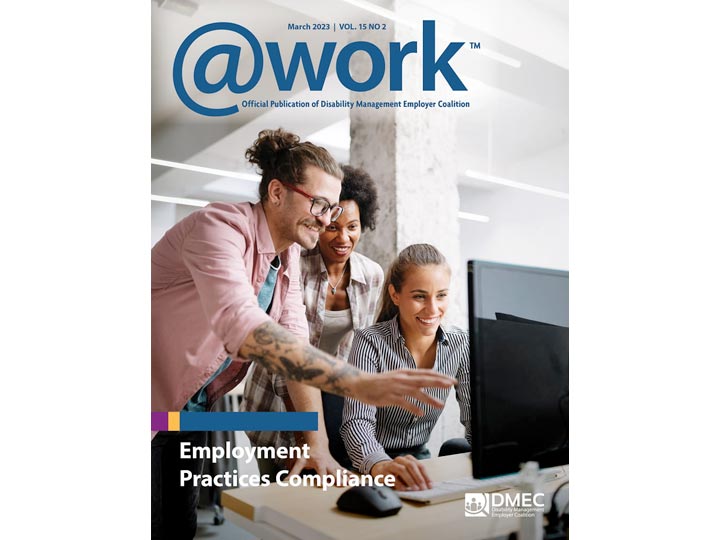New Article:
Defining “Timely” in the ADA Interactive Process
By Rachel Shaw, MBA, President and Principal Consultant, Shaw HR Consulting
Under Title I of the Americans with Disabilities Act (ADA), employers are required to engage in a timely, good faith interactive process with employees or applicants who request or need reasonable accommodations. Employers must also provide reasonable accommodation for employees or applicants who, because of a disability, are limited in or unable to perform one or more of the essential functions of their jobs unless doing so would impose an undue hardship.
So, what is timely?
The word refers to both the time it takes for the organization to begin the process and to conduct it. An organization must begin the process when triggered, which typically occurs in one of three ways:
- Request for accommodation. An applicant or employee verbalizes concern, regardless of the words used. For example, “My back really hurts when I use that vacuum cleaner.” Or, “I’m so stressed from this project. My doctor says if I keep this up, it’s going to really affect me!”
- Perception of a disability. While medical needs may not be expressed, there is a belief that medical conditions affect an employee’s ability to perform jobs fully or safely, and the employer wants to use the right tool to address the issues.
- Knowledge of work restrictions or functional limitations that affect work. For example, an employee brings in a medical note listing work restrictions or a disability is visible, such as wearing a cast or using a cane at work.
Read the whole article here in the Member Portal. Membership is free.








